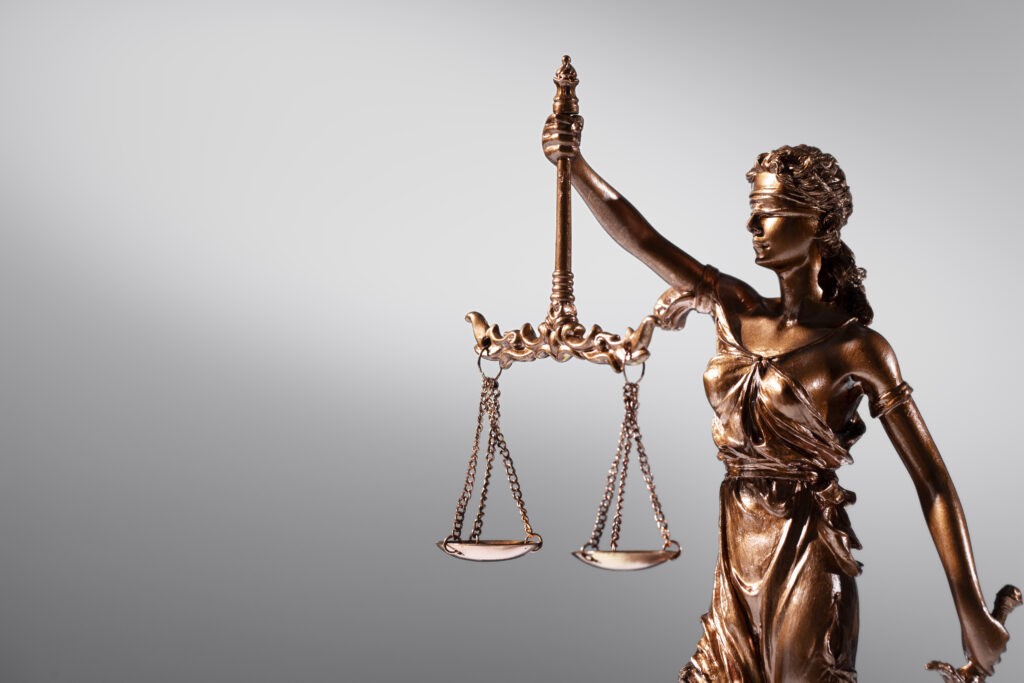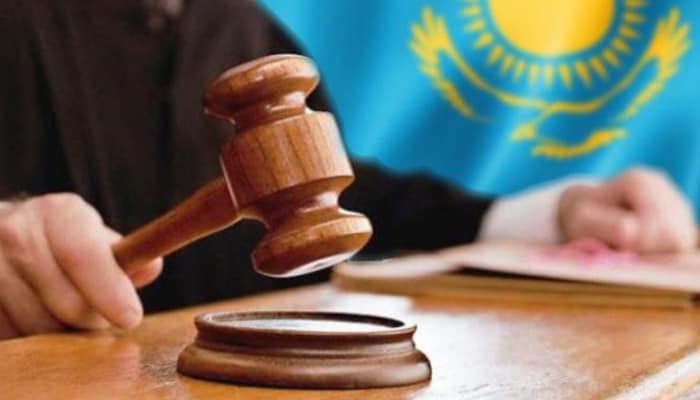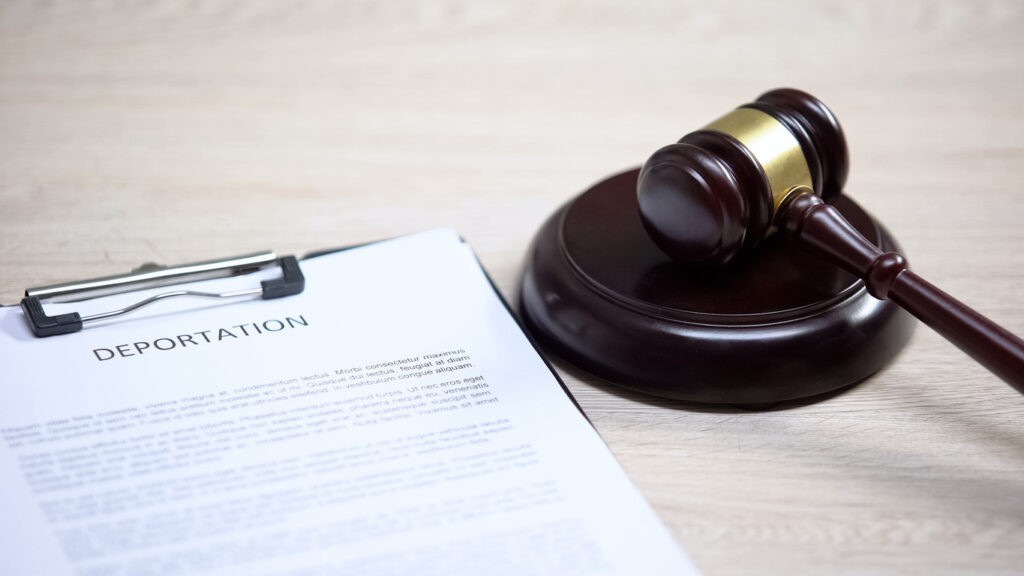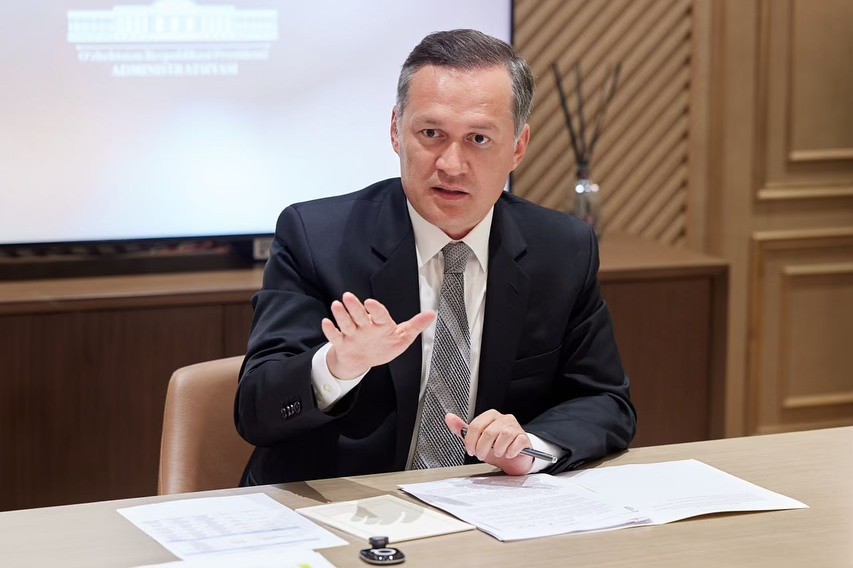Moldovan Businessmen Hail Tokayev’s Role in Resolving Stati Dispute
On December 18, the protracted legal dispute between Kazakh authorities and Moldovan businessmen Anatol and Gabriel Stati over oil and gas assets was finally resolved. Following the agreement, the Stati representatives expressed gratitude to Kazakh President Kassym-Jomart Tokayev for his leadership in reaching the settlement. The Ministry of Justice of Kazakhstan reported that the resolution concludes a legal saga that spanned 15 years and impacted Kazakhstan's reputation as an investment-friendly nation. The ministry stated that the government, the National Bank of Kazakhstan, and the Stati parties, with the support of Tristan Oil’s leading creditors, successfully finalized the settlement process. “The signed Final Settlement Agreement forms the basis for the termination of all ongoing disputes, with no possibility of reopening them in the future. The specific terms of the agreement remain confidential,” the Ministry of Justice emphasized. Daniel Chapman, CEO of Argentem Creek Partners - investment manager for funds that are creditors of Tristan Oil Limited, the Stati family’s investment vehicle - praised the resolution. “This settlement and Kazakhstan’s approach to ensuring a fair resolution underscore the country’s respect for investor rights. We thank President Tokayev for his leadership, which has positively reshaped how foreign investors view Kazakhstan. We look forward to collaborating on new projects,” Chapman said. Kazakhstan’s Minister of Justice, Azamat Yeskarayev, noted the settlement’s significance for the nation’s economic future. “The resolution of this longstanding dispute creates additional opportunities for economic growth and investment,” he said, emphasizing that no funds from the national budget were used in the settlement process. The case had involved extensive litigation across multiple jurisdictions over 15 years. While the exact legal costs incurred by Kazakhstan remain undisclosed, the settlement signals a major step forward in resolving disputes with foreign investors and rebuilding trust.






